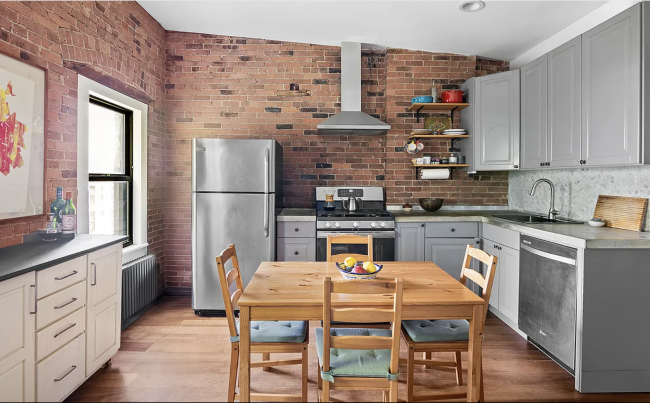The board won't interview potential buyers for my HDFC co-op. What can I do?

There are strict income requirements for buyers of HDFC apartments.
My brother passed away last year and I'm trying to sell his HDFC co-op. I've submitted three potential buyers to the board, yet the board is not interviewing any of them. Are there different rules for applying to HDFC co-ops? Are applicants told if they don't qualify? How can I get more information—and find a qualified buyer?
Your brother's co-op likely comes with strict income requirements for prospective buyers, our experts say, so it's possible your candidates do not qualify.
HDFCs, or Housing Development Fund Corporation co-ops, receive specific tax breaks and subsidies that keep operating costs down, and units are sold to low- or middle-income buyers at a discount. HDFCs generally require that buyers demonstrate proof that their annual earnings are a certain percentage of the area median income in order to qualify.
"Any inquiry on this must begin with the proprietary lease and the HDFC’s regulatory agreement. Often these documents have restrictions setting forth the maximum income that a prospective purchaser can earn," says Kevin McConnell, a partner with Himmelstein, McConnell, Gribben, Donoghue & Joseph (a Brick sponsor). "The seller should review these documents and vet the prospective purchaser to make sure she is income eligible."
You could also approach the co-op board and ask them to clarify the requirements and interview process for buyers of your brother's apartment. The co-op board vetting process can be challenging, so you may also want to hire an expert to help.
"It's important is to find a broker who has sold in the building and put it in their hands," says Deanna Kory, a broker with Corcoran. "The application process may be one that requires a little finessing."
But if you do determine that your co-op board is rejecting candidates who meet the income requirements, you may, unfortunately, have limited recourse. Co-op boards are protected by the "business judgment rule," which states that if boards establish rules for their buildings that are in good faith and in the best interests of shareholders, courts will not interfere.
"The proprietary lease will also state whether the board can withhold consent to a purchaser for any reason, or whether consent cannot be unreasonably withheld," McConnell says. "If it's the former, then there is little recourse the seller has, because the courts will defer to the business judgment of the board and will not disturb that judgment unless the seller can show some self-dealing or illegal discrimination by the board."
All the more reason to work with a professional who can help you find a way to get buyers past the board.
Trouble at home? Get your NYC apartment-dweller questions answered by an expert. Send your questions to [email protected].
For more Ask an Expert questions and answers, click here.
You Might Also Like



























